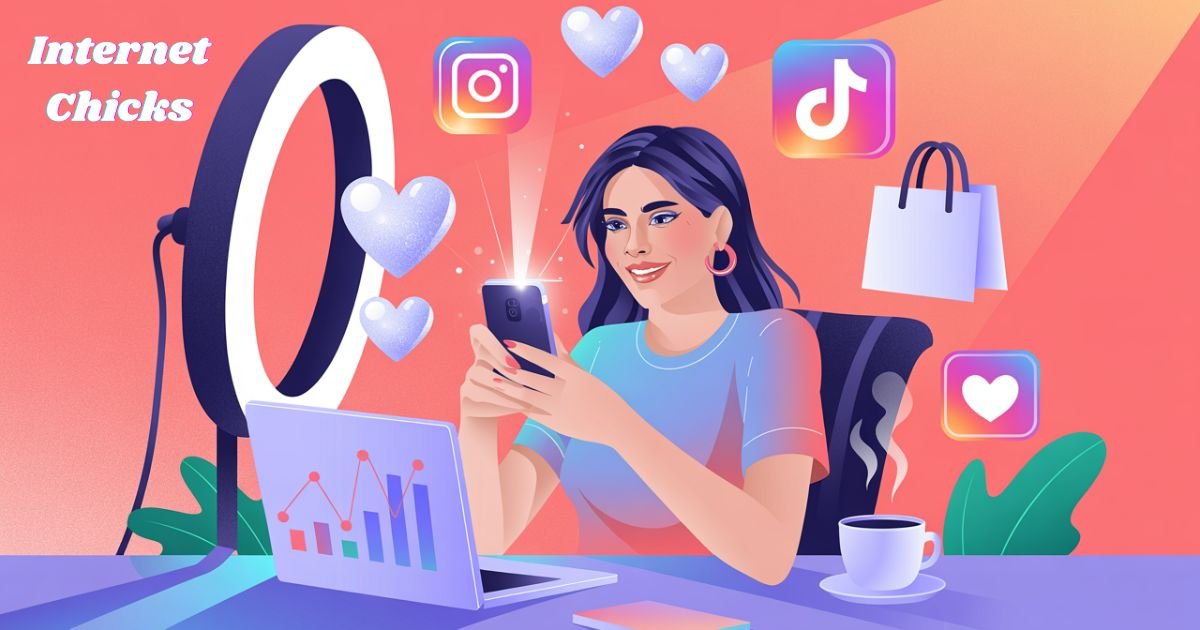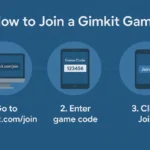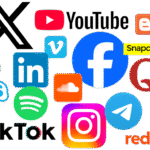Introduction
In the digital era, the term “internet chicks” has become both popular and controversial. At its core, it refers to women who maintain a visible, influential presence online, whether through social media, streaming platforms, or content creation. But the meaning goes deeper: it represents identity, visibility, digital labor, and the unique challenges women face in online spaces. Some see internet chicks as empowered entrepreneurs, building personal brands, connecting with audiences, and shaping culture. Others view the term as trivializing or dismissive, often reducing complex creators to stereotypes.
Understanding this phenomenon requires exploring the origins of the term, its evolution, and its implications for gender, technology, and online culture. This article delves into who internet chicks are, the traits and strategies that define them, the opportunities and challenges they face, and how the label reflects broader shifts in digital influence and social norms.
What Does “Internet Chicks” Mean?
The phrase “internet chicks” typically describes women who are prominent on digital platforms, often curating a persona that attracts attention, engagement, or influence. It combines informal slang for women with the digital context, creating a label for online presence that is performative, strategic, and visible. These women may include influencers, streamers, content creators, bloggers, or digital entrepreneurs.
While some consider it playful or empowering, others see it as reductive. The term highlights how society often evaluates women’s online presence through appearance, charm, and audience appeal, rather than solely through skill, knowledge, or creativity. Understanding this dual perception is key to grasping the social and cultural weight of the term.
Origins and Evolution
The term “internet chicks” emerged organically with the growth of early social media platforms, blogs, and webcam culture. In the early 2000s, women sharing personal content online—through diaries, selfies, or videos—began forming public digital identities. As platforms like MySpace, YouTube, and Instagram grew, the term expanded to encompass a wider array of online female personas.
Today, an “internet chick” may be a TikTok creator, a Twitch streamer, a beauty influencer, or even an activist with a strong digital presence. Over the years, the term has shifted from casual slang to a descriptor of a specific online identity, one that blends visibility, branding, and influence.
Key Traits & Characteristics
Women who fit the “internet chick” archetype often share several common traits:
-
Curated Aesthetic: They develop a consistent style, color palette, or visual theme, reinforcing personal branding.
-
Platform Expertise: They understand how social media algorithms work, optimizing content for reach and engagement.
-
Audience Engagement: Regular interaction, including replies, live streams, and community-building, strengthens loyalty.
-
Monetization Strategy: Many turn their online presence into income through sponsorships, merchandise, or subscriptions.
-
Emotional Labor: Balancing authenticity with public perception often requires significant mental and emotional effort.
These traits reflect both strategic skill and creativity, showing that being an internet chick is about more than appearance—it is a digital craft.
Empowerment & Challenges
Empowerment and Agency
For many women, being an internet chick is empowering. It provides financial independence, a platform for creative expression, and the opportunity to influence culture. Women can leverage digital spaces to promote social causes, educate audiences, and build personal brands. The label can be a badge of skill, entrepreneurship, and digital savvy.
Gendered Stereotypes
However, the term carries gendered implications. Women are often judged more for their looks and performative qualities than for knowledge or skill. Social expectations and stereotypes can pressure creators to maintain a certain appearance or style. The “internet chick” label sometimes undermines professional credibility, reducing complex creators to simplistic or sexualized categories.
Algorithmic Pressures
Algorithms shape what content gains visibility, rewarding engagement, virality, and aesthetics. While this offers opportunities, it also creates pressure to conform to narrow standards. Success is rarely based solely on talent or originality; understanding and navigating algorithms is essential.
Mental Health and Wellbeing
The life of an internet chick can be rewarding, but it comes with challenges:
-
Burnout: Constant content creation and engagement can be exhausting.
-
Harassment: Public women face more trolling, negative comments, and online abuse.
-
Privacy Challenges: Maintaining a balance between public and private life is difficult.
-
Economic Pressure: Reliance on sponsorships or platforms can create financial instability.
Managing these challenges requires resilience, strategic planning, and support networks.
Cultural Influence
Internet chicks are not just individuals—they shape culture:
-
Trends and Consumer Behavior: They drive fashion, lifestyle, and beauty trends.
-
Digital Economy: They are central to influencer marketing, subscription platforms, and content commerce.
-
Social Impact: Many raise awareness on issues like mental health, feminism, and social justice.
-
Representation: Visibility challenges stereotypes and expands what it means to succeed online.
Their influence extends beyond the digital realm, affecting real-world behavior, consumer choices, and social norms.
Reclaiming the Label
Some women embrace the “internet chick” label, transforming it from a potentially dismissive term into one of empowerment. By owning the term, they highlight creativity, entrepreneurship, and influence. However, context matters: in professional or formal settings, neutral terms like “content creator,” “digital influencer,” or “online entrepreneur” may be more appropriate.
Reclaiming the label also reflects a broader cultural shift, where women assert agency over their digital presence, controlling how they are perceived and what value their work has.
The Future of Internet Chicks
The concept of the internet chick will continue evolving:
-
AI and Virtual Influencers: Digital avatars and AI-generated personalities are expanding the definition.
-
Immersive Technologies: Augmented and virtual reality may create new ways for creators to engage audiences.
-
Inclusive Representation: Greater diversity will broaden who can be seen as an internet chick, beyond traditional beauty or style standards.
-
Wellness and Sustainability: Creators may prioritize mental health and work-life balance over constant content production.
The digital landscape is constantly shifting, and the future of the internet chick reflects broader trends in technology, culture, and gender representation.
Read More: How to Use a Gimkit Code: Step-by-Step Guide
Conclusion
The term “internet chicks” captures a complex intersection of digital culture, gender, and influence. While it can carry dismissive or trivializing connotations, it also reflects empowerment, creativity, and entrepreneurship. Internet chicks are not passive participants—they are strategic, resilient, and influential actors in online spaces. They shape trends, drive conversations, and challenge social norms, turning digital visibility into tangible cultural and economic power.
Understanding the term requires nuance: it highlights the opportunities and challenges women face in digital spaces, including algorithmic pressures, societal expectations, and mental health considerations. As the online world evolves, the label will adapt, reflecting broader cultural shifts. Recognizing the skills, labor, and agency behind the persona allows for a more informed, respectful, and appreciative perspective. The internet chick of tomorrow will likely redefine what it means to thrive, influence, and succeed in digital culture.
FAQs
-
What does “internet chick” mean?
It refers to women who are prominent online, often influencers, content creators, or streamers with curated digital personas. -
Is calling someone an “internet chick” insulting?
Context matters. Some use it playfully or neutrally, while others see it as reductive or dismissive. -
How do internet chicks make money?
Through sponsorships, merchandise, subscriptions, affiliate marketing, and fan support. -
Why are women more often called internet chicks than men?
Gender biases influence perceptions; women’s online presence is often judged by appearance and engagement. -
Can the term “internet chick” be empowering?
Yes. Many women reclaim it to reflect creativity, entrepreneurship, and influence in digital spaces.










